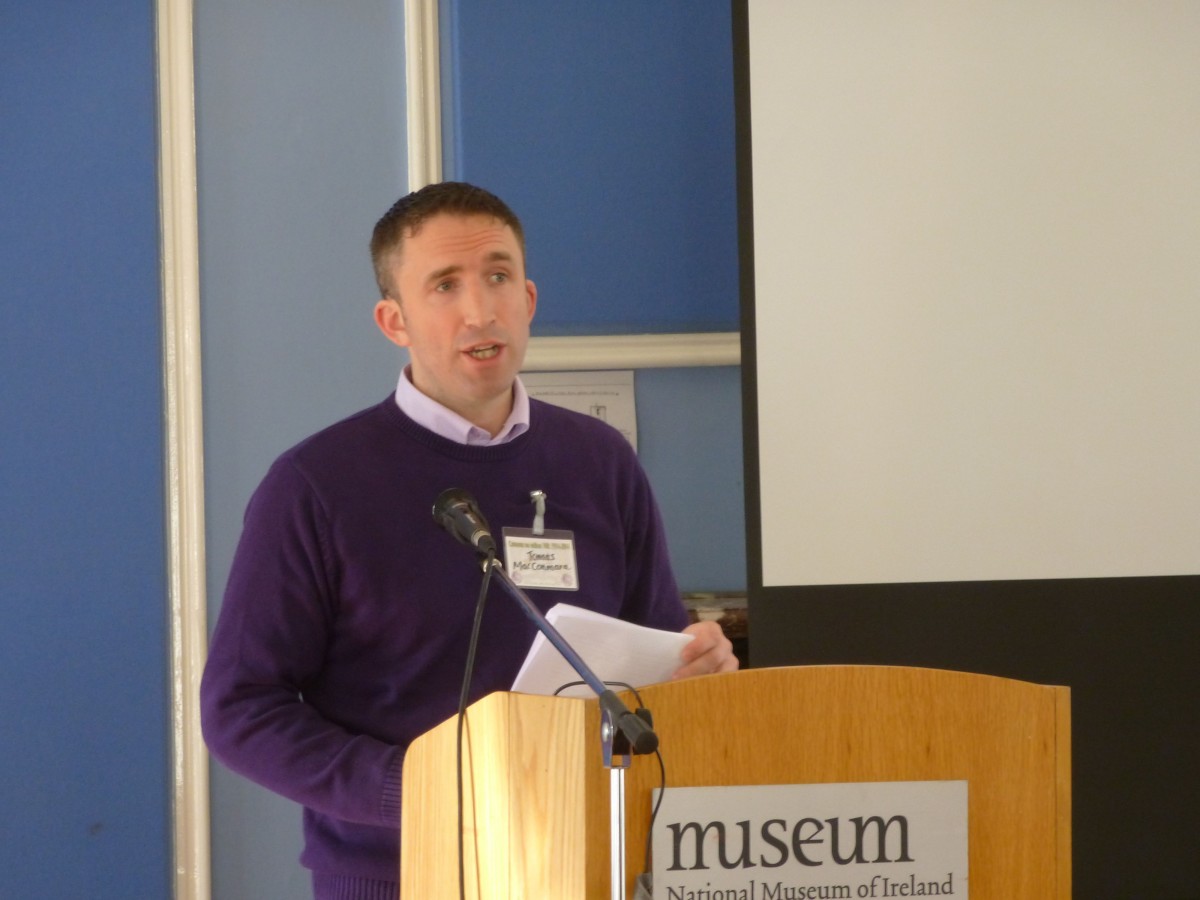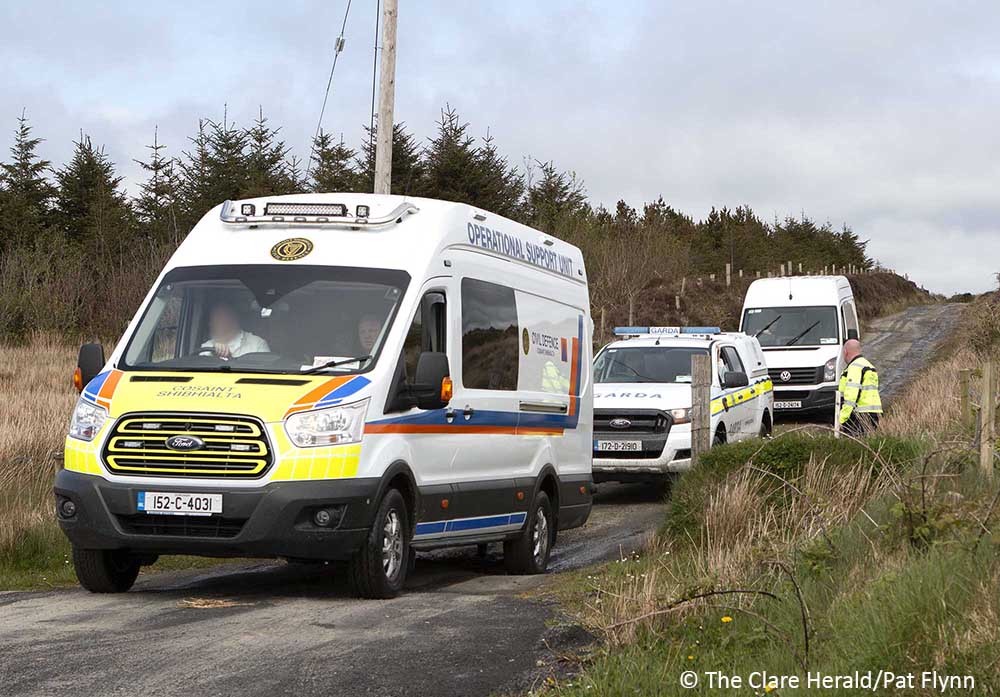
A Clare historian will tell the story of the Black and Tan’s destruction in the county and its impact on the historical consciousness of the people at an international gathering of oral historians in Finland this week.
Clare native Dr. Tomás Mac Conmara has been recognised for his work in oral history over many years and has been selected to present at the 20th Annual International Oral History Conference which will begin today at the University of Jyväskylä in Finland.
Among the topics he will discuss will be the story of a British soldier executed by the Irish Republican Army (IRA) in 1921 and whose body was exhumed in Co Clare last month.
Dr Mac Conmara has spent many years documenting oral history in a variety of fields across Ireland but his work on the Irish revolutionary period has in recent times come into sharp focus with the approaching centenary commemorations.
He has undertaken hundreds of interviews with some of Ireland’s oldest citizens many of whom remembered the Black and Tans who were in Ireland when they were children.
In addition, he has recorded many who were the children of former IRA Volunteers or members of Cumann na mBan, as well as others connected to the period.

“Ever since I was a child, I had a fascination with older people and the War of Independence. Over time I became increasingly convinced that the memory I was being exposed to was not reflected in the books I was reading about the period. At a very early age, I became determined to record as much of that memory as was possible. Looking back now, I believe I was absolutely right I took the right approach to prioritise recording over writing,” Dr Mac Conmara said.
Having last year published Day of Hunger, The Clare Volunteers and the Mountjoy Hunger Strike of 1917, his much anticipated book on the memory of the War of Independence in Clare, The Time of the Tans, is set to be published in early 2019.
In the paper he will deliver at the conference, ‘Always in the Human Consciousness of the People’, Mac Conmara will present his findings and theories on how oral history and tradition are vital to a deeper understanding of the past.
“It’s great to get the chance to meet with fellow practitioners of oral history from across the globe and to put forward my research. It’s a great example of how local memory, rooted in a particular townland in county Clare can have a global resonance”, Dr Mac Conmara added.

He will also discuss the story of 18-year-old Private George Duff Chalmers whose body was exhumed from a bog in Clare last month.
Chalmers, a member of the 2nd Battalion of the British Army’s Royal Scots based in Clare during the War of Independence, died on June 10th 1921 at Drumbaun, Co Clare after he was captured and executed by the IRA.
His body was exhumed last month and reburied in a British military cemetery in Dublin.